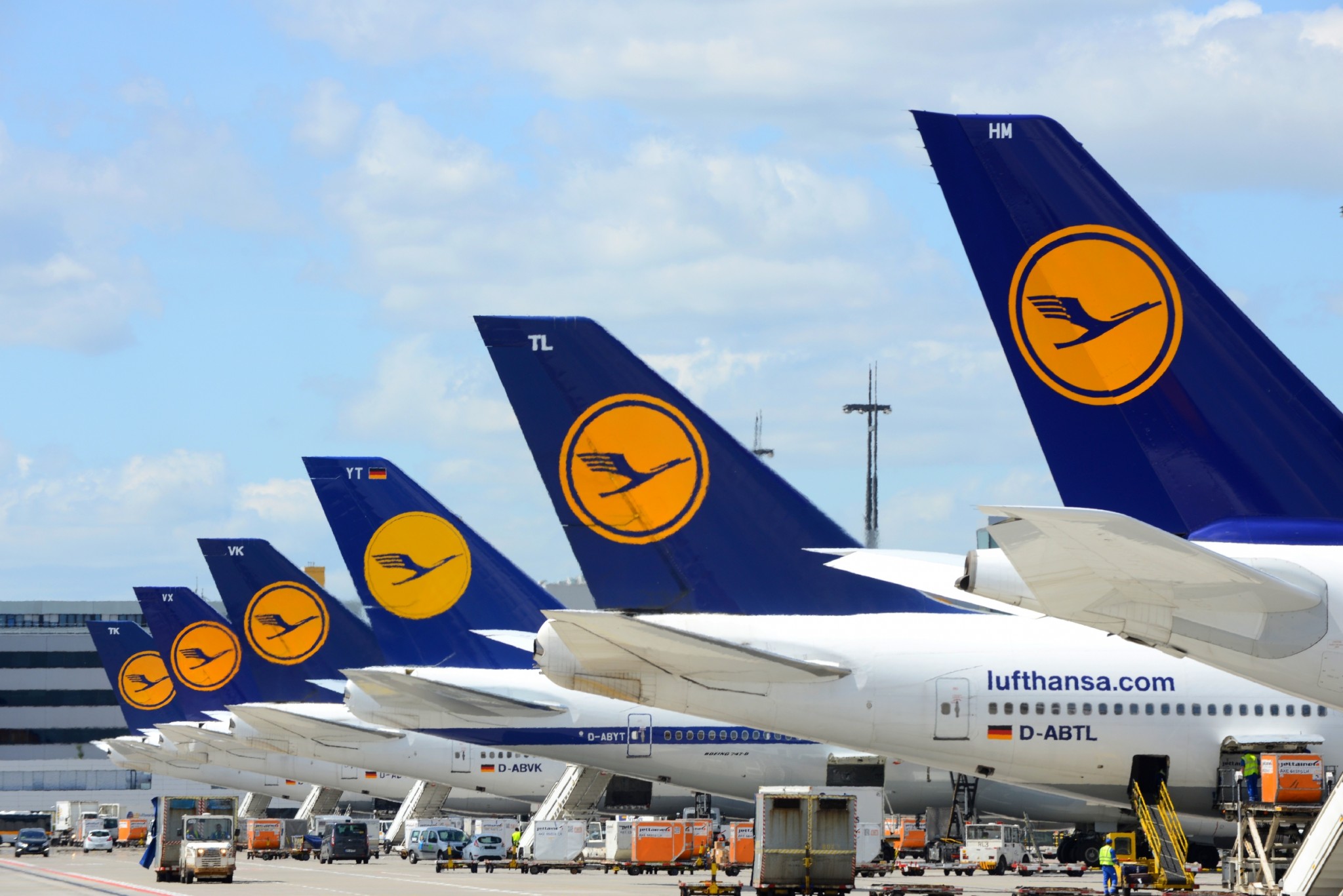Lufthansa Group, which owns Austrian Airlines, Brussels Airlines, Swiss International Airlines, has reported a €1.967bn loss for the three months to end September 2020, as revenues plummet by 74% compared to the year-ago period to €2.66bn.
The group has liquidity of €10.1bn available, of which €6.3bn are “unutilized stabilization measures”. Lufthansa Cargo reports strong performance, which is further supporting the group liquidity.
Despite a 36% decline in freight capacity due to the loss of belly freight capacity, Lufthansa Cargo's revenue rose by 4% in the first nine months of 2020, aided by its freighter fleet of 13 B777Fs (incl. Aerologic) and six MD-11s. Yields increased in all regions, also due to the global loss of cargo capacity in passenger aircraft. Earnings after nine months rose to €446 million compared to a loss of €33million in the previous year.
Lufthansa cut its operating expenses by 43% in the third quarter compared to the previous year, partly as a result of significantly lower fuel costs, fees and a reduction in other costs that vary based on the extent of flight operations.
"Strict cost savings and the expansion of our flight program enabled us to significantly reduce the operating cash drain in the third quarter, compared to the previous quarter. Lufthansa Cargo also contributed to this with a strong performance and a positive result of €169 million. We are determined to keep following this path. We want to return to a positive operating cash flow in the course of the coming year. In order to achieve this, we are advancing restructuring programs throughout the Group with the aim to make the Lufthansa Group sustainably more efficient in all areas," said Carsten Spohr, CEO of Deutsche Lufthansa.
Lufthansa’s net debt at the end of the third quarter was €8.9bn compared to €6.7bn at the end of December 2019. The equity ratio fell by 15.4 percentage points to 8.6 percent, compared to the end of 2019.
Lufthansa Technik's result for the same period fell to a loss of €208 million versus a gain of €351milion in the previous year.
In the third quarter of 2020 the Lufthansa Group airlines carried 8.7 million passengers, 20% of the previous year. Capacity fell to 22% of the previous year's level. The seat load factor was at 53%, 33 percentage points below the previous year's figure. Freight capacity fell by 47% due to a lack of capacity on passenger aircraft. The decline in freight kilometres sold was 34%. This reflects a 14-percentage point higher cargo load factor of 73 %.
In the first nine months, the Lufthansa Group airlines carried a total of 32.2 million passengers, 29% of last year’s period, with a 33% fall in capacity and a 68% load factor.
Freight capacity fell by 40% and freight kilometres sold fell by 33%, resulting in a seven-percentage point higher cargo load factor of 68%.
"People around the world have a great desire to travel again soon. Together with our partners, we are ready and will do everything we can to fulfil this desire as quickly as possible and with the highest health and safety standards. The important thing now is to ensure health protection and freedom of travel, for example by means of widespread rapid tests," says Carsten Spohr.
As demand for air travel is expected to remain during the winter months, Lufthansa Group airlines will offer a maximum of 25% of last year's capacity from October to December. “This consistent capacity reduction will ensure that flight operations continue to make a positive contribution to earnings,” says the airline.
A decision has been taken to significantly scale back operations for the upcoming winter months. In the winter flight schedule, 125 fewer aircraft will be operating than originally planned.
In order to adjust to the long-term changes in the market, Lufthansa says it is implementing extensive restructuring measures in all business units.
The Group says that it remains on track for returning to a positive operating cash flow during the course of 2021. The prerequisite for this is that the pandemic situation allows for an increase in capacity to around 50% of pre-crisis levels.
"We are now at the beginning of a winter that will be hard and challenging for our industry. We are determined to use the inevitable restructuring to further expand our relative competitive advantage. We aspire to remain the leading European airline group following the end of the crisis," says Carsten Spohr.

